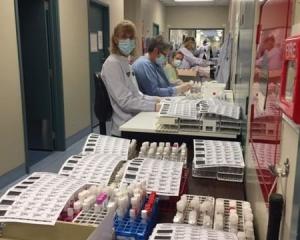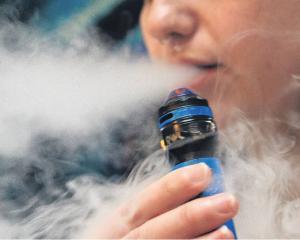
In the four months when the pandemic peaked, the Southern District Health Board’s full-time equivalent staff increased by 30.45, the board told Parliament’s health select committee.
However, just four additional staff (1.8 FTE) and five contractors (5.7 FTE) were actually employed by the health board, at a cost of $119,000.
"The majority of the increase in FTE was due to existing employees working over and above contract [hours]," the board said.
Nurses put in by far the biggest commitment in extra hours, followed by administration and management staff.
The SDHB’s written response to MPs’ questions included the executive summary of its internal review of lessons learned during the immediate Covid-19 crisis, and also highlighted the enormous amount of overtime put in by its staff.
A high priority was ‘‘implementing a process to ensure staff, especially those working additional hours, are not overloaded during an emergency response’’.
Staff workload and wellbeing needed to be monitored, and building staff resilience was key to ensuring they coped during stressful situations, the report said.
SDHB senior executives have been concerned about the pressures Covid-19 and more recently issues with bedblock at local hospitals have placed on staff, and in December the board was told management was concerned about workplace pressure, burnout and sickness.
The SDHB has spent about $26million extra on unbudgeted operating costs and $1.2million in capital expenditure to combat Covid-19.
The organisation’s annual report, recently tabled in Parliament, said just before the disease arrived in New Zealand, SDHB chief executive Chris Fleming was given a special dispensation from the Minister of Health which enabled him to approve unbudgeted expenditure.
Of the money spent by Mr Fleming, $785,000 was to buy ventilators and other equipment expected to be used to treat Covid-19 patients.
The annual report also showed how far-reaching the effect of Covid-19 has been.
Health targets for several services were missed due to the period New Zealand spent in lockdown or partial lockdown.
Those included elective surgery, the HPV vaccination programme, smoking counselling, cervical and breast cancer screening, child B4 School checks, oral health provision and home care assessments for the elderly.
All services were attempting to clear backlogs and get back on target, the report said.












